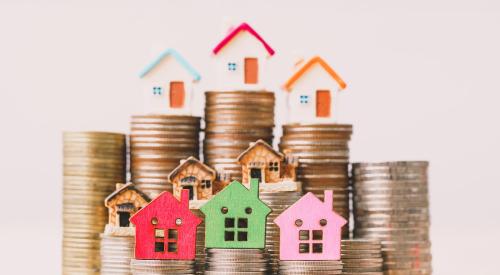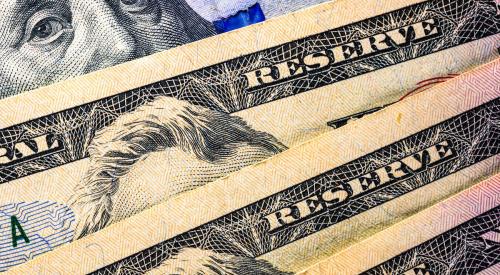The Consumer Price Index suggests that inflation is rising at its fastest pace since the early 90s, affecting prices for gas, groceries, and just about everything in between, though its impact on housing is less clear, says Zillow. Fixed-rate mortgages can help buyers avoid the effects of housing inflation, but housing costs are still expected to increase in 2022, especially as construction costs surge with limited supply for materials.
The shelter component of the Consumer Price Index measures average price changes of goods and services purchased by homeowners in a typical month. As shelter prices rise, homeownership could become less affordable even if actual home prices neutralize in the new year.
Buying a home today with a fixed-rate mortgage can serve as a hedge against housing inflation, locking in a fixed monthly cost of shelter, and securing a place to live, insulated from the risks of rising prices, interest rates, and rents. We just experienced the fastest-ever pace of increase in home prices, as well as a rapid rebound in rents, so potential homebuyers may still be keen to guard against future rises in housing costs. The rise in prices of everything else, meanwhile, could leave potential homebuyers with less budget room for their mortgage payment; or it could make housing look relatively more attractive as a worthwhile place to spend.
There’s no clear economic answer for how consumer demand for housing will change in response to rising prices of other goods and services. But we do know that the change in demand for one good – housing, in this case – in response to rising prices on other goods can be broken into an income effect and a substitution effect.













